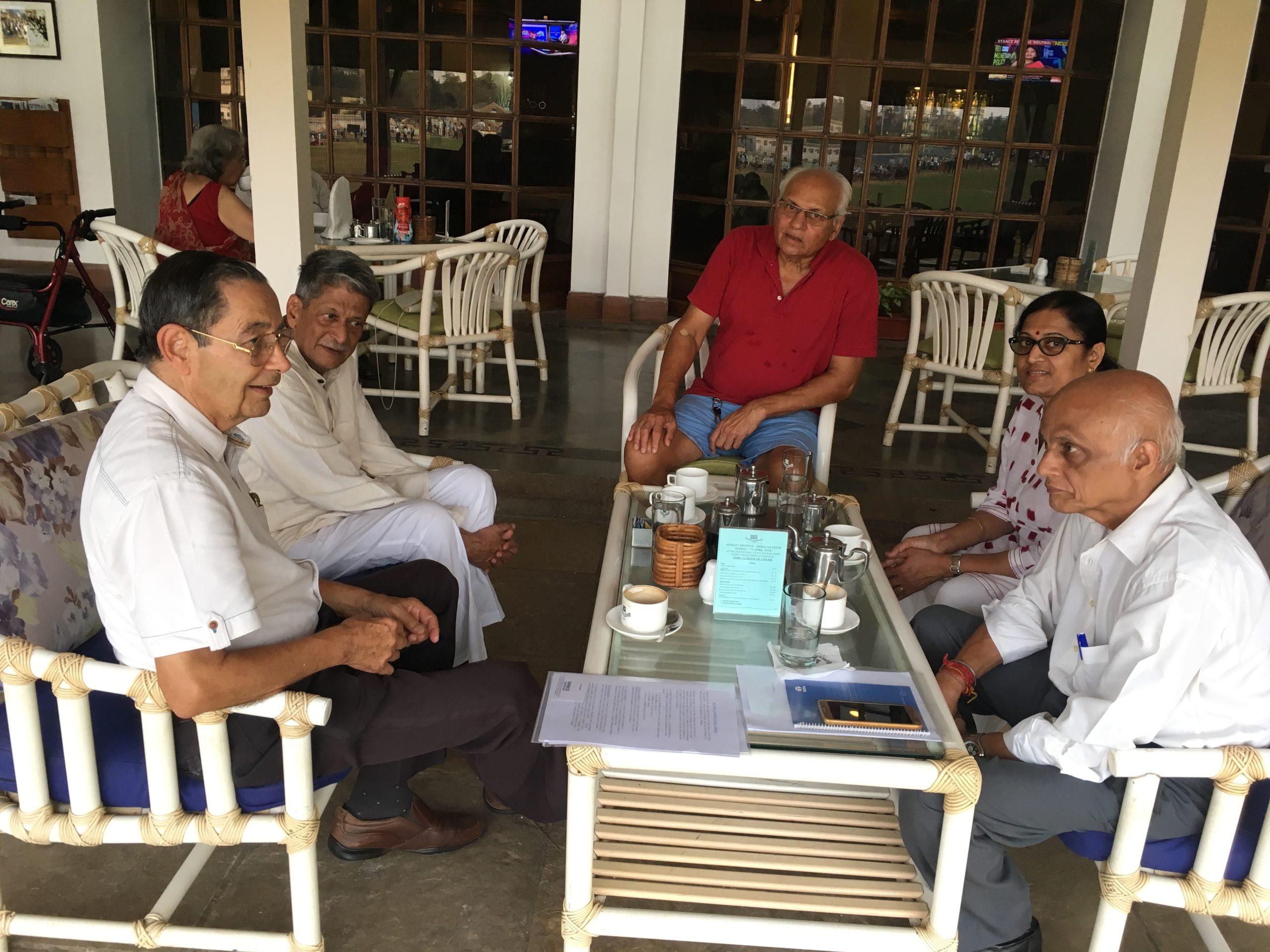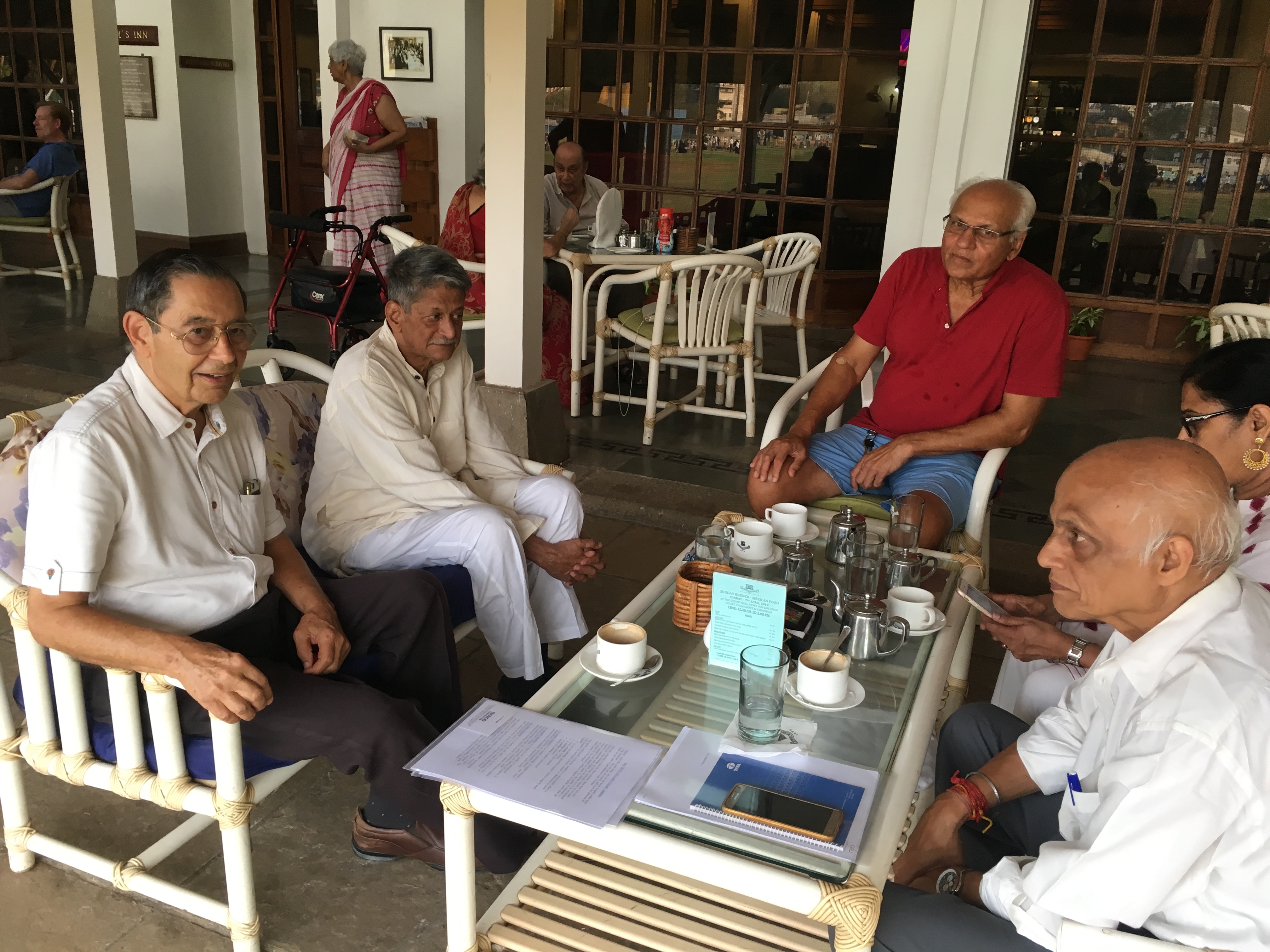
If you want people to do their best work, you need to help them find their best self.
Mr Jayant Pendharkar explains how important spoken English is and how a vernacular school can make a difference in the lives of worthy, intelligent students.
English E-Teach Project
Recently I met Astad Parak, a man with missionary zeal. Astad, like many of us is a retired executive who realised long (20 years ago) that there was a severe problem in educating youngsters in vernacular and also government run free schools in Maharashtra. The quality of English was poor, thereby children from poor strata graduated, but were not considered job worthy and in many cases denied admission to higher education in medicine, engineering, even though they were worthy and brilliant, but communicating in English was poor.
On the other hand, many parents from low-income group began to enroll their children at primary school level into poorly run English medium schools. The results were even worse. The teachers themselves were weak in English, the hapless child could not understand this “strange language”, and since other basic subjects were taught in English these were also “Greek and Latin”.
This was further aggravated because the parents did not know English sufficiently well to help the children and ended up paying tuition fees at great personal sacrifice, with hardly anything to show for. Ironically, the students would be judged by what they know about a subject, but rather by the ability to answer in English.
This called for a different approach. After researching extensively, and also consulting Mr F C Kohli, it was decided to develop standardised custom made animated audiovisual content based on the government prescribed syllabus from standards 1 to 5.

Astad Parak, Kiran Nagarkar (Sahitya Academy award winner and well known writer in both Marathi and English), JVP, Suresk Kumar, and Lata Prasad having an interesting discussion at Bom Gym on how to take the project forward and what can FORTESS members can do to help.
Funding was obtained from the well-known Bombay Community Public Trust (BPCT), and Tata Interactive was commissioned for the project.
The software is supplied free, and the equipment is low-cost technology (TV+DVD-player, or projectors and computers)
I had the opportunity to visit three vernacular, government-run schools in Mahim, Mumbai, Two were Urdu and one Marathi. I was very impressed by what I saw. Foremost was the enthusiasm of the children (mostly from the slums and pavements), the sparkle in their eyes, engagement with the teacher, the ease with which she was able to teach.
This methodology has been provided to over 8,000 schools in Maharashtra covering over 640,000 students. These also cover Marathi, Hindi, Urdu, Gujarati, and Tamil vernacular schools.
This could be replicated in other states (after incorporating the state prescribed curriculum).
I have had several rounds of meetings with Astad to explore how we can help and be involved. Astad said that funding is not the primary concern, but creating awareness and spreading the word. I was able to connect him to several prominent writers, publishers, and commentators.